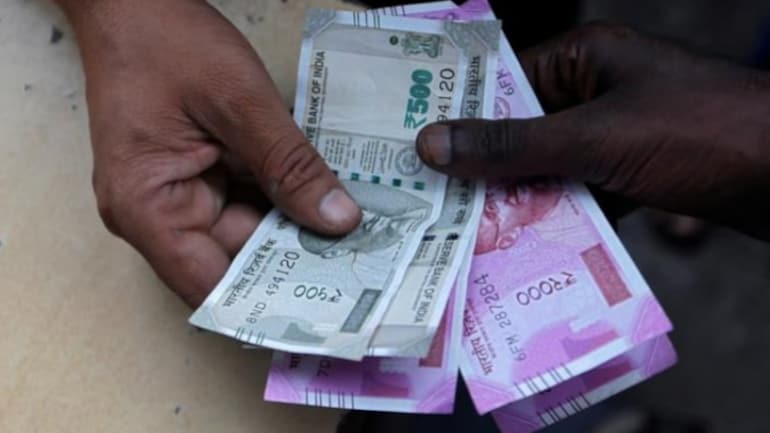The Supreme Court of India has been informed by the center that lenders have been directed to credit in the accounts of eligible borrowers the difference between compound interest and simple interest collected on loans of up to Rs 2 crore during the RBI’s loan moratorium scheme. The center has informed the apex court of the country that they have asked the lenders to complete the process by November 5.
The Ministry of Finance has also stated to the Supreme Court that after the lenders credit this amount to the eligible borrowers, the lending institutions would be able to claim reimbursement from the Central Government.
The government has also informed the Supreme Court in an affidavit that they filed that as per the scheme issued by the Ministry of Finance lending institutions would credit the eligible borrowers with the amount for the 6-month loan moratorium period. This scheme was announced by the ministry following the COVID-19 pandemic to tackle the slowing economy.
As per the scheme that was announced by the central government, all lending institutions (as defined under clause 3 of the scheme) shall credit the difference between compound interest and simple interest in the respective accounts of eligible borrowers for the period between March 1, 2020, to August 31, 2020.
According to the affidavit filed, the central government has asked the lending institutions that are described by clause 3 of the scheme to give effect to the scheme and credit the amount calculated as per the scheme in the respective accounts of borrowers by November 5, 2020.
The Supreme Court of India is hearing a number of pleas regarding the loan moratorium period, including that of interest on interest. The affidavit has also been filed in the Supreme Court.
The affidavit also says that the lending institutions shall credit the amount to the eligible borrowers irrespective of whether such eligible borrowers have fully availed or partially availed or have not availed of the moratorium like deferment in payment of installments as per the circulars dated March 27, 2020, and May 23, 2020, issued by the Reserve Bank of India.
After the amount has been credited by the lending institutions, they would claim reimbursement from the Central government. The affidavit also says that the lending institutions would claim reimbursements from the Central Government through the nodal agency of State Bank of India as stipulated under the scheme.
The center says that they have taken up the decision by keeping in mind the overall economic scenario, the nature of borrowers, and the impact on the economy.
The Supreme Court had said on October 14 that the center should “as soon as possible” implement the interest waiver on loans of up to ₹ 2 crores under the RBI’s moratorium scheme. The court had also said that the common man’s Diwali lays in the hands of the Government.
The central government had told the supreme court that going any further than the fiscal policy decisions already taken, such as waiver of compound interest charged on loans of up to Rs 2 crore for moratorium period might have a “detrimental” effect on the overall economic scenario. They also said that the banks may not take “inevitable financial constraints”.
In an affidavit filed by the Reserve Bank of India, they have said to the top court that a loan moratorium exceeding six months might result in vitiating the overall credit discipline. They have said that this would have a debilitating impact on the process of credit creation in the economy.
These affidavits were filed after the supreme court ordered on October 5 in which it asked them to place record the KV Kamath committee recommendations on debt restructuring because of the COVID-19 related stress on various sectors and also the notifications and circulars issued so far on loan moratorium.
Due to the COVID-19 pandemic, on March 27 the RBI had issued the circular which allowed lending institutions to grant a moratorium on installment payments of term loans falling due between March 1, 2020, and May 31, 2020. The period was then extended to August 31.

